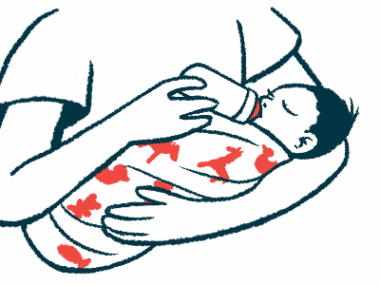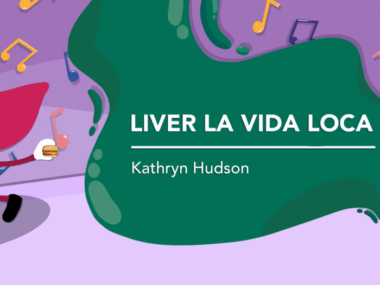New Alagille syndrome therapy named ART4 gets FDA designations
Drug is made to increase levels of a protein that's missing, faulty in most cases
Written by |

The U.S. Food and Drug Administration (FDA) has granted orphan drug and rare pediatric disease designations to ART4, an experimental therapy for Alagille syndrome being developed by Arnatar Therapeutics.
The RNA-based medication is designed to increase levels of a protein that’s missing or faulty in most cases of Alagille, which could modify the disease’s course.
The designations are meant to incentivize drug development for rare diseases. Orphan drug status grants tax credits, exemption from certain fees, and seven years of market exclusivity should the therapy be approved. A rare pediatric disease designation now offers Arnatar a voucher redeemable for priority review of an approval application of a different product.
“Receiving both orphan drug and rare pediatric disease designations from the FDA highlights the potential of ART4 to address a significant unmet need and meaningfully alter the course of this devastating disease,” Xuehai Liang, CEO of Arnatar, said in a company press release. “We remain committed to advancing ART4 into the clinic as rapidly as possible to bring this potentially transformative therapy to patients and families who currently have no curative treatment options.”
Alagille syndrome is a genetic disease that impacts children and can affect several organs and systems. Most cases are caused by mutations in one of the two copies of the JAG1 gene, which contains instructions for producing Jagged-1 (JAG1), a protein involved in embryonic development. A common Alagille symptom concerns the liver, where fewer than normal bile ducts — the tubes that transport the digestive fluid bile to the small intestine — cause bile to accumulate in the liver, damaging and scarring it.
What is ART4 and how does it work in Alagille?
An antisense oligonucleotide (ASO), ART4 “is designed to target the underlying genetic deficiency to restore bile duct function and prevent the severe complications, including liver damage, that children with [Alagille syndrome] often face,” Liang said.
ASOs are a type of therapy that can influence protein production by binding to messenger RNA (mRNA), the intermediate molecule derived from DNA that guides protein production. The process of using mRNA to produce proteins is called translation.
Arnatar’s proprietary ASO platform ACT-UP1 works to increase levels of specific proteins by boosting translation. ACT-UP1 focuses on the first step in the translation process, where the molecular machinery responsible for protein production assembles around the mRNA section of interest. Once bound to the target mRNA molecule, ART4 and other therapies developed using this platform recruit relevant translation proteins, thereby boosting protein production.
ART4, which is meant to be injected under the skin once a month, is designed to increase JAG1 production in people with Alagille based on their working JAG1 gene copy. This should help restore bile duct function.
According to Arnatar, ART4 significantly increased JAG1 levels and restored bile duct development in a mouse model of Alagille. Treated animals also showed low levels of liver damage markers. Both adult and newborn mice tolerated the therapy well.
The announcement of ART4’s FDA designations marks Arnatar’s emergence from stealth mode. Biotechnology companies often use stealth tactics to avoid sharing details about their work in early development to protect their products. “We are excited to emerge from stealth with a strong scientific foundation and the resources to advance our pipeline of groundbreaking RNA therapeutics,” Liang said.







